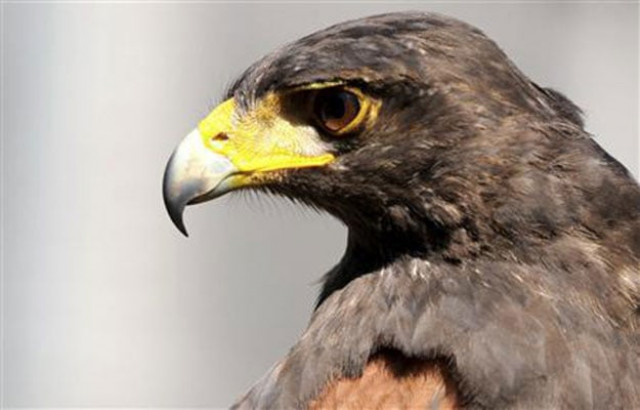Emiratis banned from keeping wild pets: reports
Wildcats including endangered cheetahs are known to have been domesticated in the UAE and neighbouring Gulf countries

The new law bans dealing in and ownership of "all types of wild and domesticated but dangerous animals," Gulf News daily said.
PHOTO: REUTERS
Wildcats including endangered cheetahs are known to have been domesticated in the UAE and neighbouring Gulf countries, with some even spotted being taken outside in the middle of big cities.
Unsustainable and illegal wildlife trade in Pakistan
In October, one such outing with five tigers on a beach near Dubai's iconic Burj Al-Arab hotel was captured on video and went viral on social media, while others have been filmed driving around with lions.
The new law bans dealing in and ownership of "all types of wild and domesticated but dangerous animals," Gulf News daily said.
Restrained Kaavan: Lonely elephant suffering ‘mental illness’, says experts
Such animals can only be kept at zoos, wildlife parks, circuses, breading and research centres, the newspaper said.
"Anyone who takes a leopard, cheetah or any other kind of exotic animal out in public will face a jail term of up to six months and a fine" of up to 500,000 dirhams ($136,000), it added.
Wildlife authorities seize two black bear cubs in Diamer
Al-Ittihad, an Arabic daily, said those who use wild animals to "terrorise" others would face jail or fine of up to 700,000 dirhams.
The legislation also imposes new restrictions on traditional pets.
Dog owners are required to get permits and keep the animals on leashes in public, the reports said, adding that those who fail to obtain the licences face fines of up to 100,000 dirhams.



















COMMENTS
Comments are moderated and generally will be posted if they are on-topic and not abusive.
For more information, please see our Comments FAQ